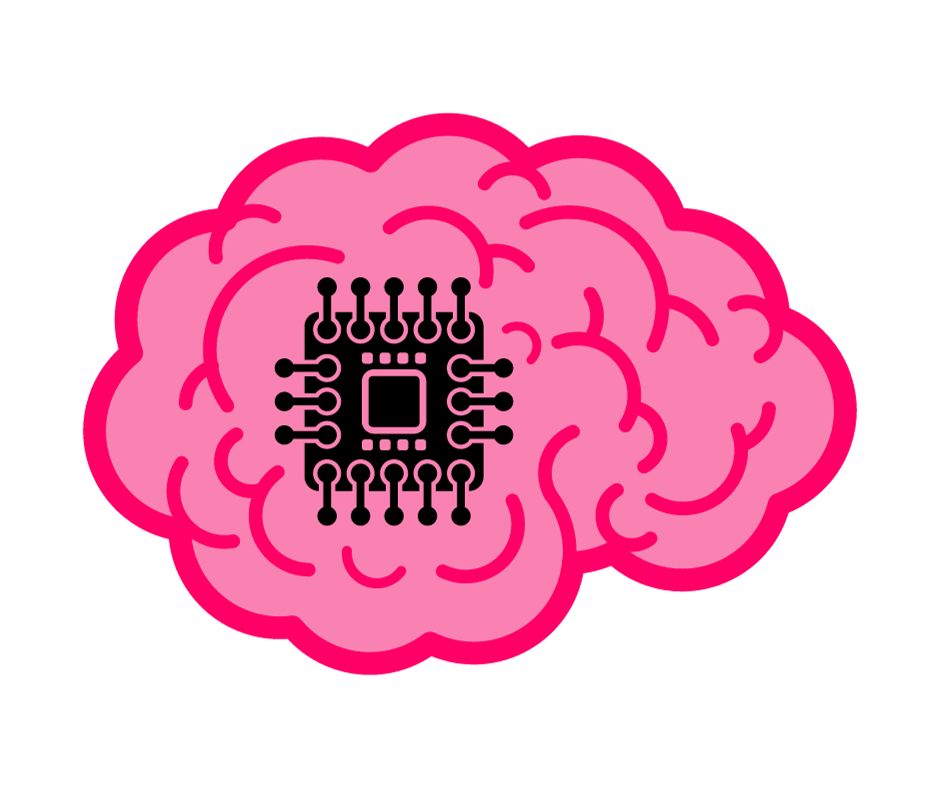Throughout America, spinal cord injury impacts almost 300,000 people, with around 60 percent being registered quadriplegic. Additionally, 31,000 Americans suffer from amyotrophic lateral sclerosis (ALS), a disease that weakens the muscles. Together, these 2 diseases prove to be an increasing cause of citizens facing disabilities.
Now, imagine a solution for all of these issues. That is exactly what Neuralink, one of Elon Musk’s biotech startups, strives for.
Founded in 2016, the purpose of Neuralink is to give people with quadriplegia the ability to control technology with their brain. This allows those with disabilities to properly convey their thoughts and emotions through technology that has never been invented before.
After researching and testing, they created their first prototype: the Precise Robotically Implanted Brain Computer Interface (PRIME). This product allows the user to control various technologies without having to move any part of their body. With the increasing percentage of victims of ALS and quadriplegia, this new technology creates a new hope for those affected by these disorders.
For the next five years, Neuralink kept improving their design until 2021, when they decided to launch their first test on a monkey. Now, as of Sept. 19, Neuralink was approved by the Institutional Review Board and is now beginning the process of recruiting humans for clinical trials. Additionally, Neuralink received the approval of the Food and Drug Administration (FDA) to begin human testing on their product.
Anatomy and Physiology teacher Craig Parker looks forward to the future of this new technology. “I find the prospect of Neuralink very exciting, and I do think that it does hold a promise with helping those with neurological disorders. I know that they are moving into human trials, meaning that they have cleared the set safety hurdles and are on course to help a lot of people,” Parker remarked.
In an educational background, this new technology could help many students, especially those with special needs. Faced with the challenges of communicating, this computer interface will allow users to properly execute actions signaled through one’s brain. Even outside of school, this new invention can help those at home who have suffered from degenerative brain diseases.
Senior Abram Giese reflected on this future and connected it to its potential. “I know many people, especially elders that suffer from ALS, and no doubt this new biotech will help them in many ways,” Giese stated.
In the future, Neuralink may even advance into stages for the general public as a tool of convenience. “Neuralink can definitely advance into helping the public as long as they follow the proper ethical concerns that come with such big technologies. With such a big company being funded directly by Elon Musk, anything is possible,” Parker explained.
Nonetheless, many believe that Musk’s Neuralink is bound to help many in these coming years. By assisting those with disabilities to a potential future where technology can be controlled directly from the brain, Neuralink sparks a new period of technological advancement.










James Thiel • Oct 22, 2023 at 9:17 pm
How many potential uses does this new technology have beyond helping americans with disabilities?
Srujan Nuthula • Oct 15, 2023 at 11:04 pm
I feel like this would definitely help with people that have ALS but we aren’t at that level of technological advancement to be able to make this a reality.
Bella Krieg • Oct 15, 2023 at 8:25 pm
I think this is very interesting. It has the possibility to help a lot of people and could end up giving them a better life.